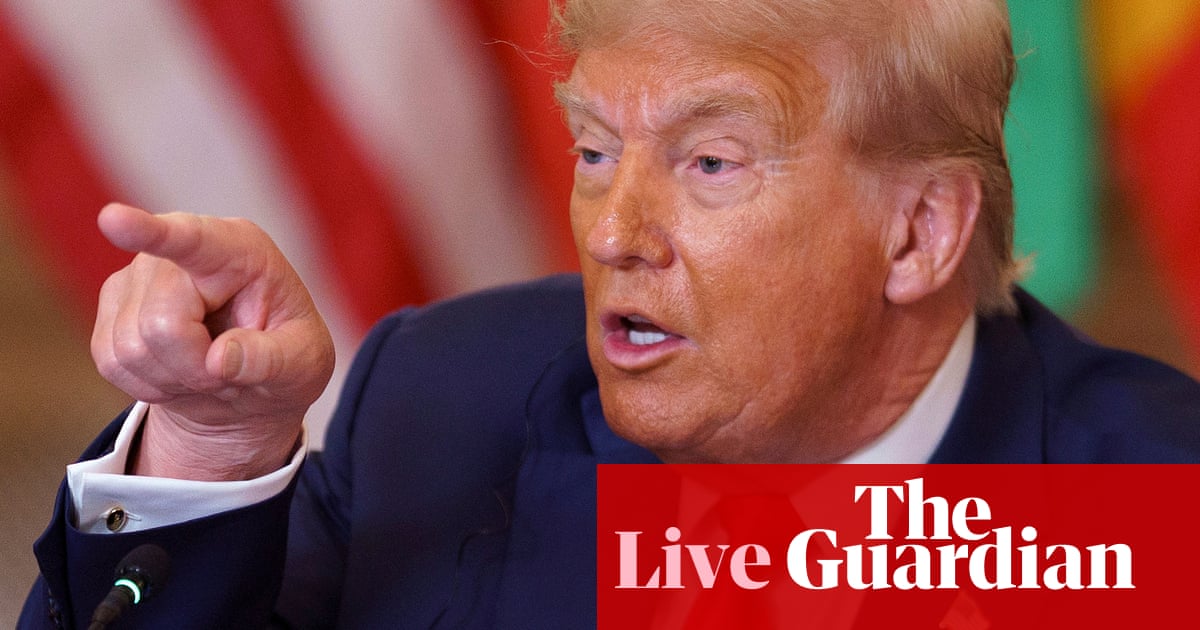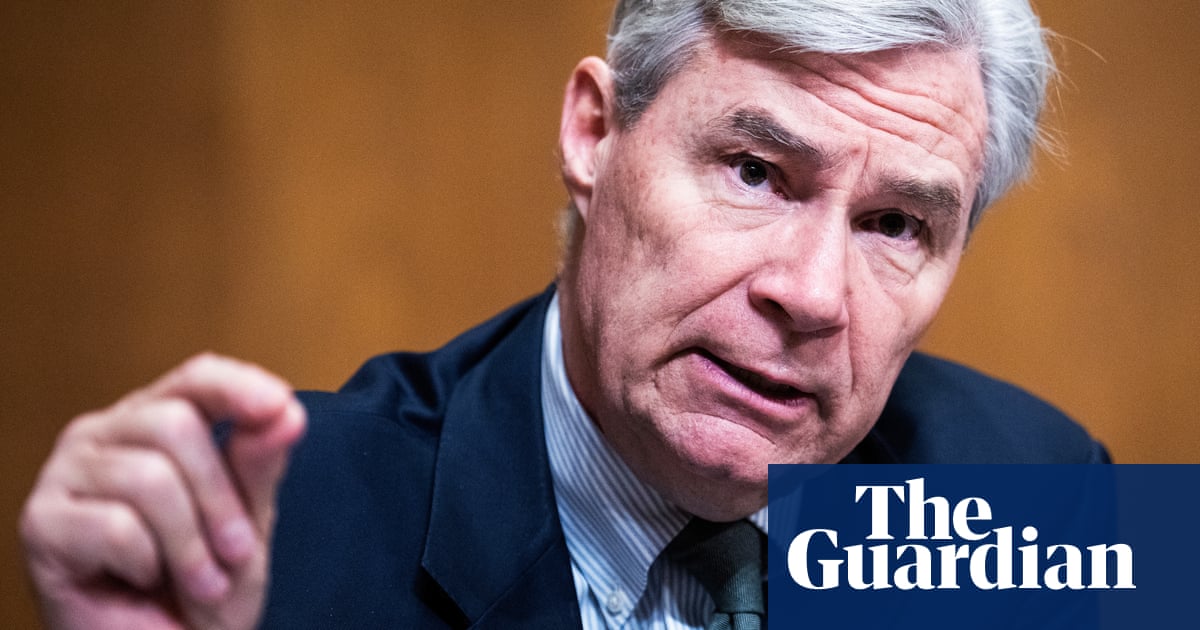SAN FRANCISCO — A super PAC set up to go head-to-head with Elon Musk’s America Party says it is not interested in competing with the tech billionaire for like-minded donors in one key area: Silicon Valley.
The tech industry was once optimistic that Musk’s appointment would give him the president’s ear to defend long-held causes like expanding high-skilled immigration. Instead, his scorched-earth departure appears to have poisoned the well, turning those policy preferences into purity tests for some allies of President Donald Trump.
“If you're a tech bro, if you're a venture capitalist and you're a globalist, and you want open borders, and you want H-1Bs, and you want EV tax credits, and you want an EV mandate, we don’t want your money,” said James Fishback, a pro-Trump investor whose FSD, or “Full Support for Donald,” super PAC plans to protect MAGA candidates against Musk, in an interview with POLITICO.
“If you’re not a real Republican, we don’t want you.”
It’s a notable rejection of the kind of tech personalities who helped buoy Trump’s successful 2024 campaign and have stayed close to the president since taking office, from his inauguration to business trips abroad.
What’s less clear is if anyone, that donor class included, takes Musk seriously outside of a few staunch Never Trumpers and businesspeople who flirted with the idea of a third-party run themselves last cycle.
POLITICO asked several of the major corporate donors who previously backed Musk’s America PAC during the 2024 cycle — including the Winklevoss brothers, Palantir co-founder Joe Lonsdale, Sequoia Capital’s Shaun Maguire, coal executive Joe Craft, and Founders Fund and PayPal co-founder Ken Howery — if they would consider supporting his third party. None responded.
Trump himself called Musk’s new political party “ridiculous” and predicted it would falter.
The president’s favorite foil these days, California Gov. Gavin Newsom, was similarly dismissive on Wednesday.
“I’ve seen these efforts in the past fizzle out,” he told POLITICO in an interview during a swing through rural South Carolina. “I just don't know how committed he is to it, and so it doesn't concern me.”
But Fishback, formerly an outside adviser to DOGE, has given more thought than most to the possibility that the America Party could pose a real political threat. FSD — a riff on Tesla’s “full self-driving” technology — launched last week as Musk revived his threats to primary Republican supporters of Trump’s “big, beautiful bill” and plans to pour money into any race where the billionaire funds a third-party run or targets a Trump-backed incumbent in the 2026 midterms.
His comments highlight an ongoing tension: Musk’s break with Trump is fueling backlash within the MAGA movement against other tech world figures even as many continue to profess loyalty to the president, who hasn’t cast them aside either.
“If you just conveniently backed Trump in the last 45 days before the election because you wanted to get a political favor and wanted to attend a Starlight dinner, this is not the movement for you,” said Fishback. “It is a movement of people who are sick and tired of the people who joined the Republican Party five months ago because they wanted to use Donald Trump, people have been lifelong supporters of the America First movement, saying, ‘kick out the tech bros.’”
If the Trump factor alone keeps donor dollars from returning to Musk, his greatest advantage remains his own deep pockets. Most of the funding for America PAC came from the man himself.
“He's got one thing that others haven't had, and that’s a sustainable funding stream,” Newsom said Wednesday, though not without a note of skepticism. “Presumably sustainable, though knowing Elon, who knows? He could get overleveraged here, and he could be in a real place of hurt.”
Fishback acknowledged the America Party will no doubt outspend him, but argued that the Musk strategy of laser-focusing on just enough congressional districts to swing the vote on contentious bills is all about narrow human margins.
“You only need to convince one in 10 voters of Elon Musk's delusions of grandeur, and if you do, we lose the House. We lose the Senate,” he said. “Boots on the ground, knocking on doors, showing up at churches, synagogues, and making that conversation known, hosting town halls, that's where we can really have an asymmetric impact against what's going to be a money machine.”
At this early stage, a trail of X content acknowledged by Musk in comments, emojis and reposts is the closest approximation to the America Party platform.
Although its loosely defined brand of tech-forward, fiscally restrained, pro-energy deregulation centrism could, in theory, appeal to voters disillusioned with both parties, most view the plan as a GOP spoiler. After all, Musk’s popularity among Republicans has taken a hit but soars above his favorability with Democrats, surveyed at 3 percent in a Quinnipiac University national poll last month.
“Simply because of what the America Party is ostensibly based on — which is deficit reduction and government efficiency — that is something that more deeply resonates with conservatives and with Republicans,” Fishback said. “It is a revenge plot against the president.”
Cooper Teboe, a Democratic consultant in Silicon Valley, shared that impression and was “deeply skeptical” the party will go anywhere.
“If tech leaders wanted a third party or thought something like this would work, they would have done it years ago,” he said. “Elon seems more interested in hurting Trump than he is in actually winning anything. I wish him tremendous success in doing so.”
That perception isn’t helped by Musk confirming on Tuesday that another party priority will be to expose more information about the late convicted sex offender Jeffrey Epstein after a Justice Department and FBI review found no evidence of a secret client list.
A version of this story first appeared in California Decoded, POLITICO’s morning newsletter for Pros about how the Golden State is shaping tech policy within its borders and beyond. Like this content? POLITICO Pro subscribers receive it daily. Learn more at www.politicopro.com.
The barriers to mounting a third party in the U.S. are well-documented. Tech leaders less eccentric than Musk have struggled with the unique challenge of translating the industry’s specialized concerns to resonate with the masses, and there is a long line of entrepreneurs whose dreams to disrupt the two-party system have been dashed.
They include Andrew Yang, who has been in touch with Musk about the effort, and Mark Cuban, who offered to connect him to the Center for Competitive Democracy, a nonpartisan group he has worked with to eliminate obstacles to participation in political processes.
Oliver Hall, the center’s founder, told POLITICO he’d be open to helping the America Party get on ballots. As of Tuesday, there’s been “no contact yet with Elon's team, but I wouldn't be surprised if that happens,” he said.
If Musk proceeds, he's also setting up a serious clash with other commitments. Earlier this week, Fishback sent a letter to Tesla’s chair urging the board to confront Musk and assess whether there is a conflict between his political ventures and his role as CEO.
Fishback’s investment firm, Azoria, holds its largest position in Tesla and delayed the launch of an exchange-traded fund that he says would have invested over a billion dollars in the automaker due to concerns raised by the announcement.
A resolution he could live with is Musk appointing a political operative to run the America Party instead. He has not received a response but expects one by Friday.
Tesla and Musk did not respond to requests for comment. The Tesla CEO told Wall Street analyst Dan Ives to “shut up” when he, too, said the board needed to rein in Musk and recommended it have oversight over his political endeavors.
“Starting a political party means traveling, media engagements, candidate training, candidate recruiting, logistics, organizing, etc,” said Fishback. “It is a distraction. Jensen Huang is not running a political party. Sam Altman is not running a political party because they have better things to do.”
Tyler Katzenberger contributed to this report.

 German (DE)
German (DE)  English (US)
English (US)  Spanish (ES)
Spanish (ES)  French (FR)
French (FR)  Hindi (IN)
Hindi (IN)  Italian (IT)
Italian (IT)  Russian (RU)
Russian (RU) 























Comments